In our quest to make our lives more convenient and efficient, advancements in technology have opened up exciting possibilities in various industries. One such breakthrough is nano waterproof coating. This cutting-edge technology has revolutionized the way products and surfaces are protected against water damage, giving rise to a plethora of applications across numerous sectors. In this article, we delve into the world of nano waterproof coating, exploring its benefits, applications, and potential impact on various industries. 1. Understanding Nano Waterproof Coating: Nano waterproof coating, also known as nano-coating or nano-sealant, is a thin layer of protective coating manufactured using nanotechnology. It is applied to the surface of objects to make them water-repellent by creating an invisible barrier of nanoparticles. This barrier prevents water molecules from penetrating the object, thereby offering enhanced protection against water damage. 2. Advantages of Nano Waterproof Coating: A. Superior Protection: Nano waterproof coating provides an unparalleled level of protection by forming a hydrophobic barrier that repels water, preventing it from causing damage. The coating is highly effective in repelling liquids such as water, oil, and other common contaminants, ensuring that the coated surfaces remain intact and functional for an extended period. B. Versatility: Nano waterproof coating can be applied to various materials, including fabrics, glass, metals, ceramics, plastics, and even electronic devices, without altering their appearance or texture.
.
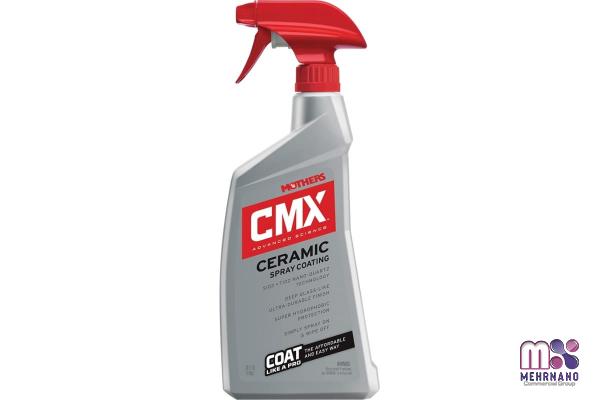 This versatile characteristic has led to its widespread adoption in industries such as automotive, electronics, construction, textiles, and more. C. Durability: Unlike traditional waterproof coatings that wear off over time, nano waterproof coating offers long-lasting protection. The nanoparticles firmly adhere to the surface, creating a durable and robust barrier that can withstand harsh environmental conditions, including UV exposure, temperature fluctuations, and chemical exposure. D. Environmental Friendliness: Nano waterproof coatings are typically eco-friendly as they are free from harmful chemicals like lead, heavy metals, and volatile organic compounds (VOCs). This makes them an ideal choice for those seeking sustainable and eco-conscious solutions. Additionally, their longevity contributes to reducing waste and resource consumption associated with frequent reapplication. 3. Applications of Nano Waterproof Coating: A. Automotive Industry: Nano waterproof coating plays a vital role in protecting automotive surfaces from various environmental elements, including water, dirt, UV rays, and oxidation. It enhances the longevity and appearance of vehicles, reduces maintenance efforts, and ensures optimal performance of electronic systems.
This versatile characteristic has led to its widespread adoption in industries such as automotive, electronics, construction, textiles, and more. C. Durability: Unlike traditional waterproof coatings that wear off over time, nano waterproof coating offers long-lasting protection. The nanoparticles firmly adhere to the surface, creating a durable and robust barrier that can withstand harsh environmental conditions, including UV exposure, temperature fluctuations, and chemical exposure. D. Environmental Friendliness: Nano waterproof coatings are typically eco-friendly as they are free from harmful chemicals like lead, heavy metals, and volatile organic compounds (VOCs). This makes them an ideal choice for those seeking sustainable and eco-conscious solutions. Additionally, their longevity contributes to reducing waste and resource consumption associated with frequent reapplication. 3. Applications of Nano Waterproof Coating: A. Automotive Industry: Nano waterproof coating plays a vital role in protecting automotive surfaces from various environmental elements, including water, dirt, UV rays, and oxidation. It enhances the longevity and appearance of vehicles, reduces maintenance efforts, and ensures optimal performance of electronic systems.
..
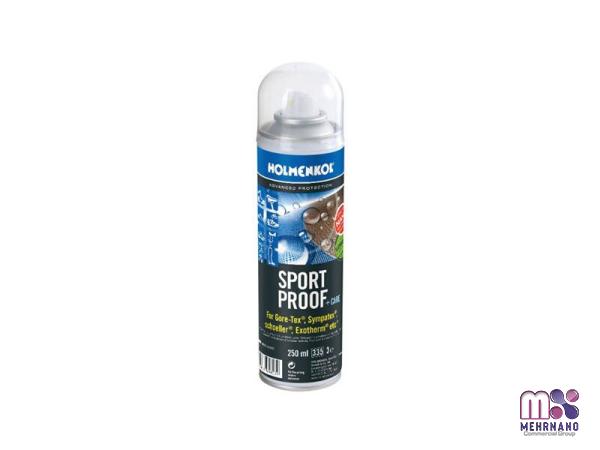 B. Electronics Industry: With the increasing proliferation of electronic devices, protecting them from water damage has become critical. Nano waterproof coating offers an effective solution by providing a protective barrier against accidental spills, moisture, and humidity without compromising the device’s functionality and aesthetics. C. Textile Industry: Nano waterproof coating is transforming the textile industry by imparting water-repellent properties to fabrics without compromising breathability or comfort. It finds applications in outerwear, sportswear, upholstery, and footwear, enabling individuals to stay dry and comfortable even in wet conditions. D. Construction Industry: Nano waterproof coating finds extensive use in the construction industry for protecting various surfaces, including concrete, tiles, rooftops, and glass, from water damage and staining.
B. Electronics Industry: With the increasing proliferation of electronic devices, protecting them from water damage has become critical. Nano waterproof coating offers an effective solution by providing a protective barrier against accidental spills, moisture, and humidity without compromising the device’s functionality and aesthetics. C. Textile Industry: Nano waterproof coating is transforming the textile industry by imparting water-repellent properties to fabrics without compromising breathability or comfort. It finds applications in outerwear, sportswear, upholstery, and footwear, enabling individuals to stay dry and comfortable even in wet conditions. D. Construction Industry: Nano waterproof coating finds extensive use in the construction industry for protecting various surfaces, including concrete, tiles, rooftops, and glass, from water damage and staining.
…
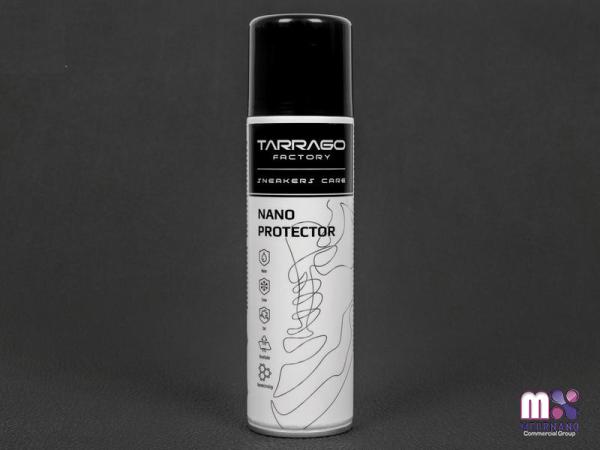 It enables a longer lifespan of buildings, reduces maintenance costs, and enhances overall structural integrity. 4. Future Implications: As technologies continue to advance, the applications of nano waterproof coating are poised to expand further. Industries like healthcare, aerospace, marine, and renewable energy could significantly benefit from this technology, ensuring the longevity and efficient performance of their products and assets. Conclusion: Nano waterproof coating represents a significant advancement in protective technologies, addressing the age-old challenge of water damage. With its superior protection, versatility, durability, and eco-conscious nature, this technology is set to transform multiple industries, enhancing efficiency, sustainability, and longevity. As the global demand for water-resistant products grows, nano waterproof coating promises a future where water damage becomes a thing of the past.
It enables a longer lifespan of buildings, reduces maintenance costs, and enhances overall structural integrity. 4. Future Implications: As technologies continue to advance, the applications of nano waterproof coating are poised to expand further. Industries like healthcare, aerospace, marine, and renewable energy could significantly benefit from this technology, ensuring the longevity and efficient performance of their products and assets. Conclusion: Nano waterproof coating represents a significant advancement in protective technologies, addressing the age-old challenge of water damage. With its superior protection, versatility, durability, and eco-conscious nature, this technology is set to transform multiple industries, enhancing efficiency, sustainability, and longevity. As the global demand for water-resistant products grows, nano waterproof coating promises a future where water damage becomes a thing of the past.

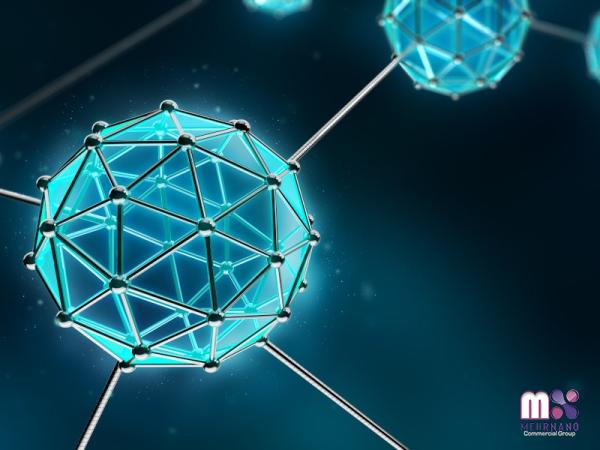
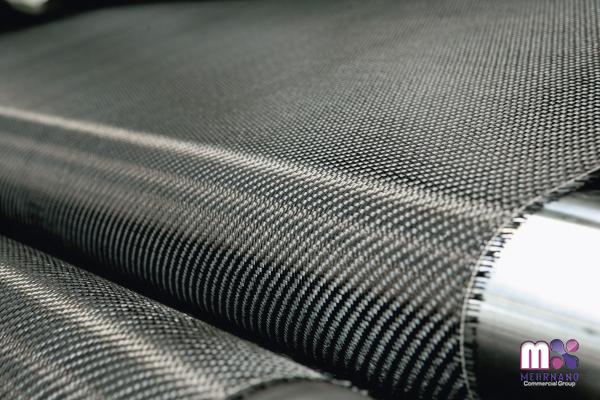
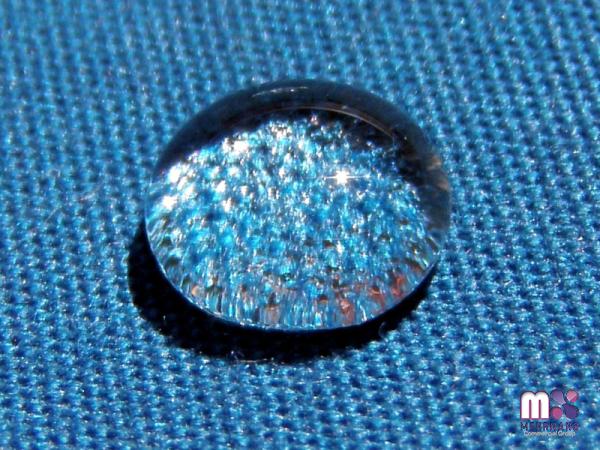
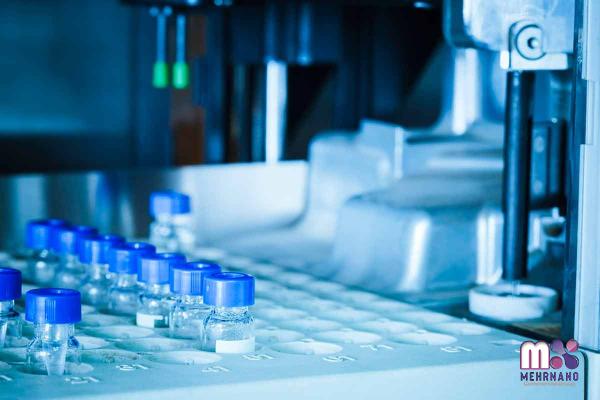
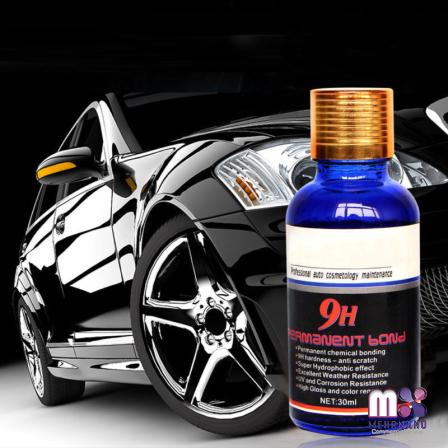
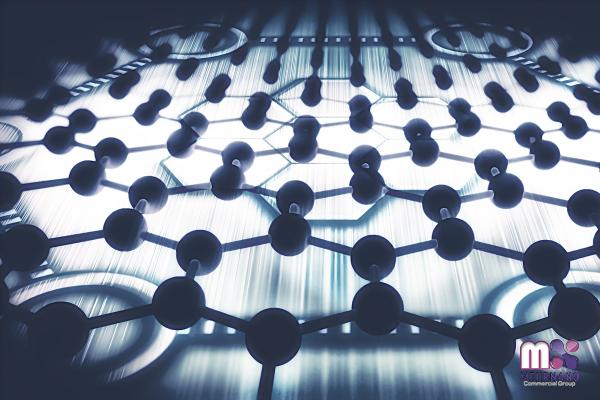
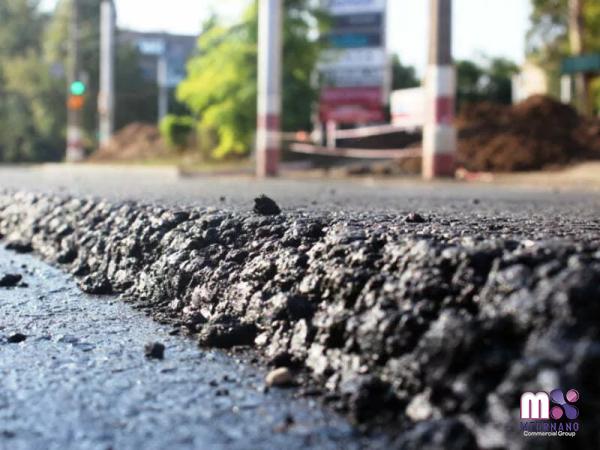
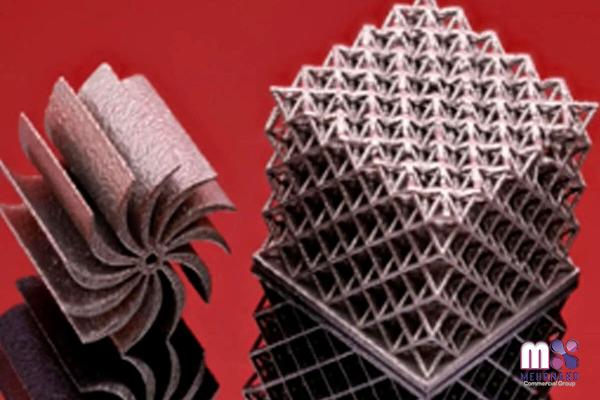
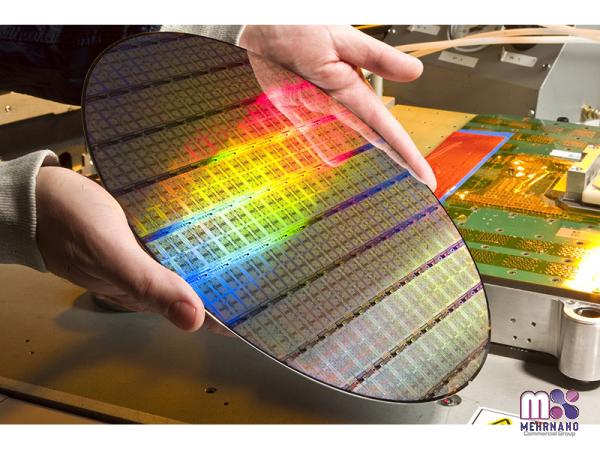
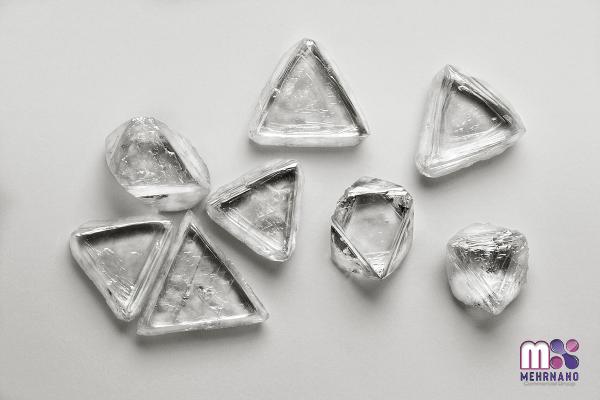
Your comment submitted.